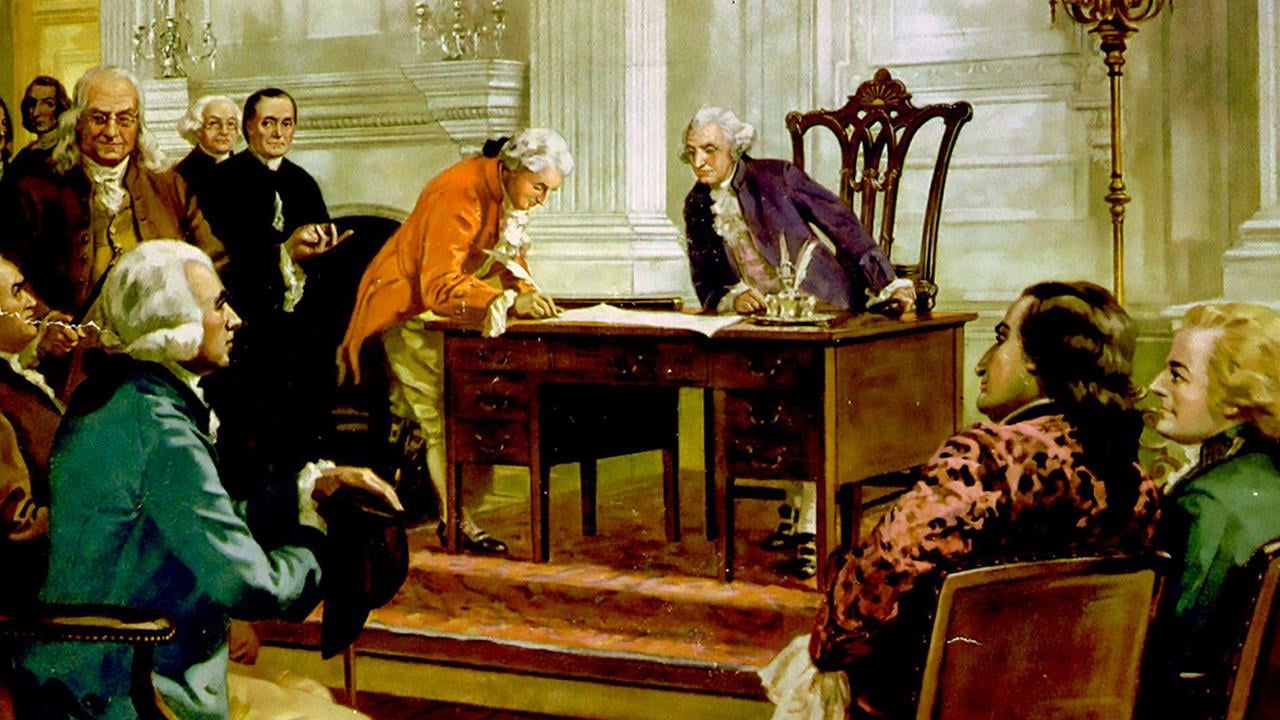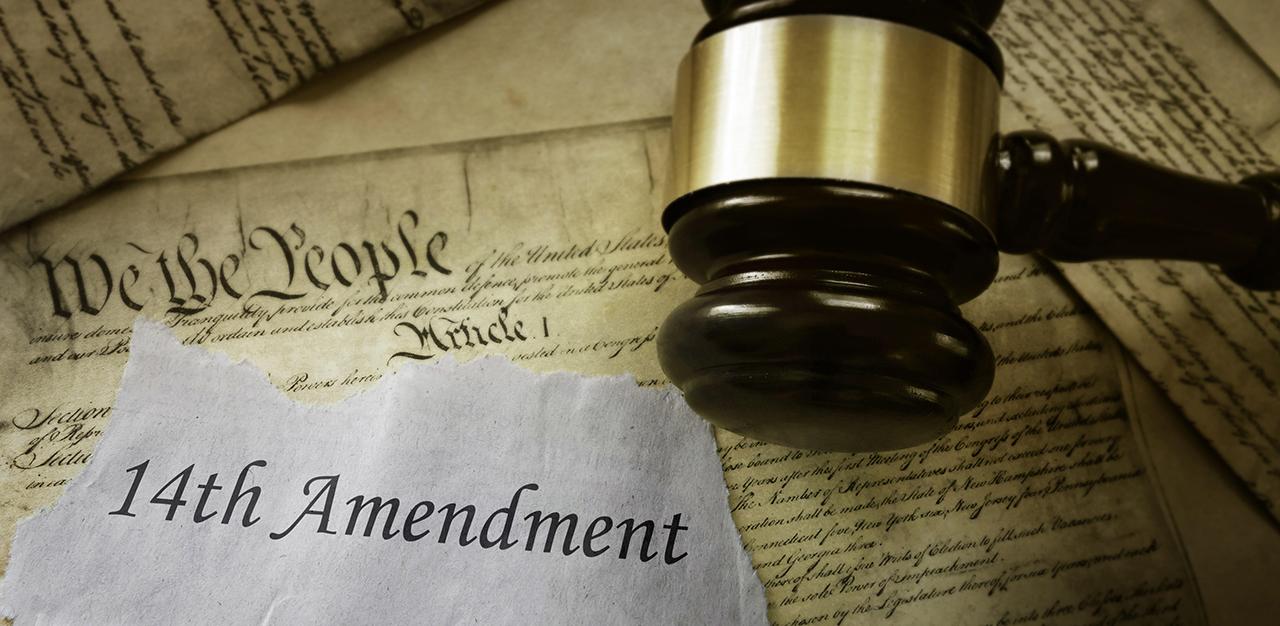
- ABOUT
- GET INVOLVED
- STAY INFORMEDStay Informed
Newsletters
Law & Policy
Press Releases
America’s Future Podcast Series
Not On My Watch Series
Hot Topic Issues & ANALYSIS
Border Crisis Escalates As Whistleblowers Step Forward
Team America Speaks Out
Whistleblowers Expose Child Trafficking At The Border
Insights And Information From Leaders & Influencers
Hot Topic Issues & ANALYSIS
- RESOURCE CENTERResource Center
American Study Series E-Books
SCOTUS Roundups
- PDPC PROJECTProject Defend & Protect Our Children – PDPC
LEARN MORE
Whistleblowers Expose Child Trafficking At The Border
GET IN THE FIGHT CAMPAIGNS
Upcoming GET IN THE FIGHT Campaigns
GET IN THE FIGHT SUMMIT RECAPS
- ABOUT
- GET INVOLVED
- STAY INFORMEDStay Informed
Newsletters
Law & Policy
Press Releases
America’s Future Podcast Series
Not On My Watch Series
Hot Topic Issues & ANALYSIS
Border Crisis Escalates As Whistleblowers Step Forward
Team America Speaks Out
Whistleblowers Expose Child Trafficking At The Border
Insights And Information From Leaders & Influencers
Hot Topic Issues & ANALYSIS
- RESOURCE CENTERResource Center
American Study Series E-Books
SCOTUS Roundups
- PDPC PROJECTProject Defend & Protect Our Children – PDPC
LEARN MORE
Whistleblowers Expose Child Trafficking At The Border
GET IN THE FIGHT CAMPAIGNS
Upcoming GET IN THE FIGHT Campaigns
GET IN THE FIGHT SUMMIT RECAPS
- ABOUT
- GET INVOLVED
- STAY INFORMED
- RESOURCE CENTER
- PDPC PROJECT
- Champion Membership
- Store
- Donate
- WHO WE ARE
- WHAT WE DO
- GET INVOLVED
- Texas GET IN THE FIGHT Registration
- Project Defend & Protect Our Children
- – Project Defend & Protect Our Children
- GET IN THE FIGHT CampaignsRegister For Your StateHelp End Child Trafficking
- Watch the GET IN THE FIGHT2023 Florida Summit Recap Video
- – Florida Information Resource Library
- Watch the GET IN THE FIGHT2023 Michigan Summit Recap Video
- – Michigan Information Resource Library
- Watch NOT ON MY WATCH Podcasts
- – Read PDPC News – Stay Informed
- – PDPC Advisory Board
- Raise The Flag Say The Pledge
- x old Local Action = National Impact
- Be A Champion Membership
- Ways To Give
- STAY INFORMED
- E-NEWS SUBSCRIBE
- CHAMPION MEMBERSHIP
- STORE
- DONATE











